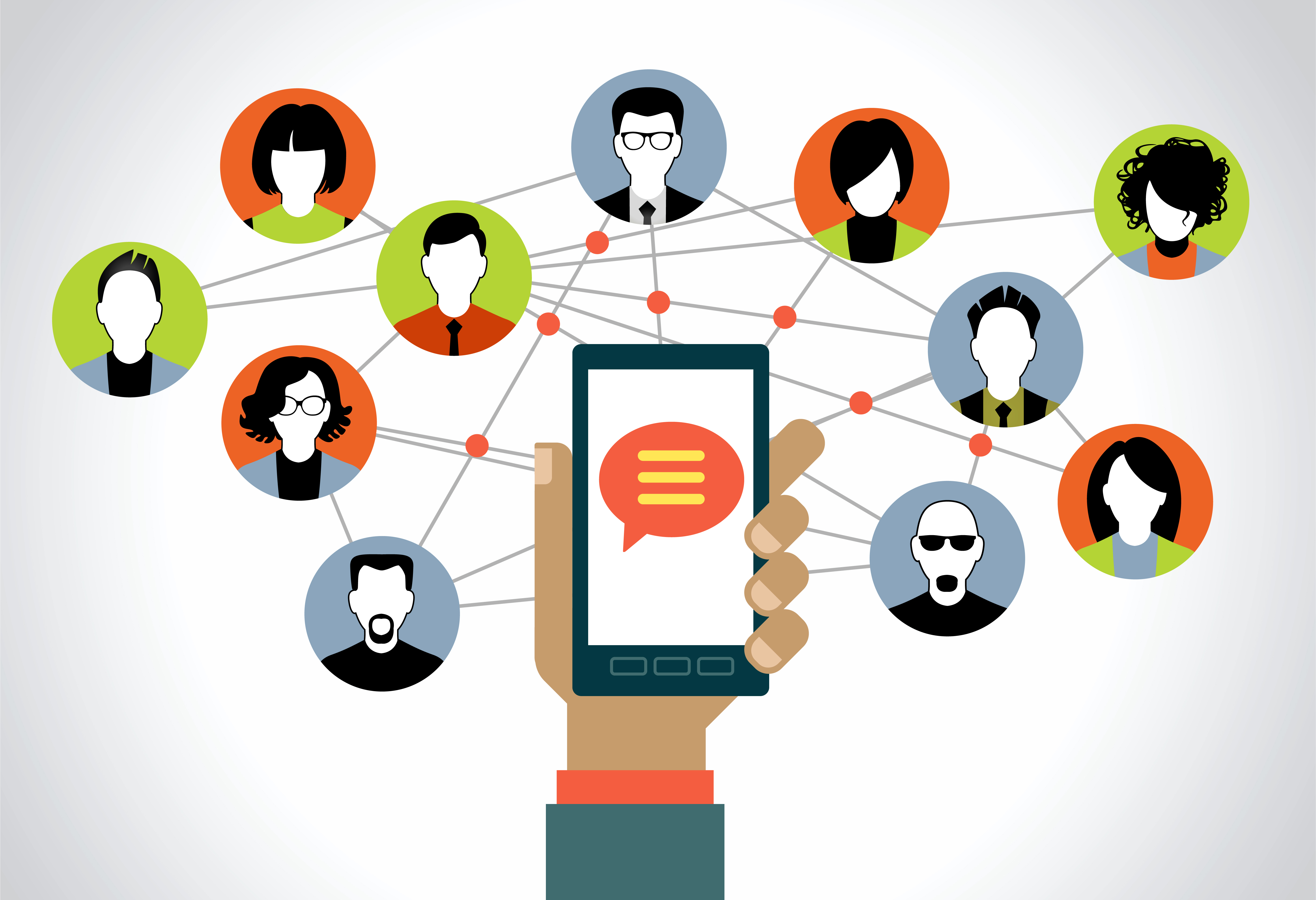Want to ask Facebook about your daughter's binky? Go ahead.
The problem isn't crowd sourcing problems. It's understanding the difference between an expert and a friend.


A free daily email with the biggest news stories of the day – and the best features from TheWeek.com
You are now subscribed
Your newsletter sign-up was successful
When parents have questions about raising kids they tend to ask other parents. The only novelty today is that parents can do this online.
Referred to as "Facebook parenting" or "crowdsourcing parenting," the habit of asking social media what to do about a binky addiction, a sudden case of croup, or whether you should continue to push Jack to play basketball even though he's terrible is now a matter-of-course.
Of course, combine a perennially controversial topic like parenting with an equally contentious subject like the internet, and people are bound to get bent out of shape. Over the years, there have been protests about how this compromises our children's right to privacy or increases their chances of experiencing embarrassment at school. Now the latest challenge to Facebook parenting comes courtesy of Kelley Wallace, who, in a recent article at CNN, discusses the various ways social media parenting can backfire. According to her reporting, one of the biggest potential landmines is the erosion of parents confidence.
The Week
Escape your echo chamber. Get the facts behind the news, plus analysis from multiple perspectives.

Sign up for The Week's Free Newsletters
From our morning news briefing to a weekly Good News Newsletter, get the best of The Week delivered directly to your inbox.
From our morning news briefing to a weekly Good News Newsletter, get the best of The Week delivered directly to your inbox.
"The more you are reliant on others to help you make decisions, the less confident you feel making decisions on your own," one parent told Wallace.
Because we are already living in an age of unprecedented parental guilt, let's restrain ourselves here. Facebook parenting is fine, a totally reasonable behavior for any parent with a question about their kid and an internet connection. The only important thing parents need to remember is the difference between an expert and a friend — even of the Facebook variety.
The internet has borne many fruits, most sweet and a few rotten. Among the putrid is the way it has convinced countless regular folks to act as experts. These fauxperts tend to be the ones with the super strong opinions, those who try to convince us all that co-sleeping will turn our kids into dependent monsters or that crying-it-out will turn our kids into insecure monsters. There are also those who believe that home-births risk lives, and those who think epidurals get in the way of mother/baby bonding. And then there are the anti-vaccinations fauxperts, whose preaching has yielding far more insidious results.
But the answer is not for parents to stop sharing, as some Facebook parenting fearmongers suggest, but for everyone to understand the difference between anecdotes and scientific research. Hearing one another's experiences can be incredibly helpful for parents, sometimes because they provide practical advice, sometimes because they make us feel less alone, and sometimes because they simply serve as a reminder to laugh at the absurdities endemic to rearing children. This last one might just be the most important reaction of all.
A free daily email with the biggest news stories of the day – and the best features from TheWeek.com
In our age of "helicopter" parenting, many operate under the belief that the stakes are always sky-high when it comes to choosing how to raise our children. Probably the biggest problem with those co-sleep vs. cry-it-out debates is not that one person is giving the wrong advice, but that they ignore the reality that, either way, the kid in question is probably going to be fine. (How do I know? Because they have a parent who cares enough to ask.)
So let's not stop turning to Facebook. Let's just remember that parenting questions are plentiful, but the answers are rare.
Elissa Strauss writes about the intersection of gender and culture for TheWeek.com. She also writes regularly for Elle.com and the Jewish Daily Forward, where she is a weekly columnist.
-
 The Olympic timekeepers keeping the Games on track
The Olympic timekeepers keeping the Games on trackUnder the Radar Swiss watchmaking giant Omega has been at the finish line of every Olympic Games for nearly 100 years
-
 Will increasing tensions with Iran boil over into war?
Will increasing tensions with Iran boil over into war?Today’s Big Question President Donald Trump has recently been threatening the country
-
 Corruption: The spy sheikh and the president
Corruption: The spy sheikh and the presidentFeature Trump is at the center of another scandal
